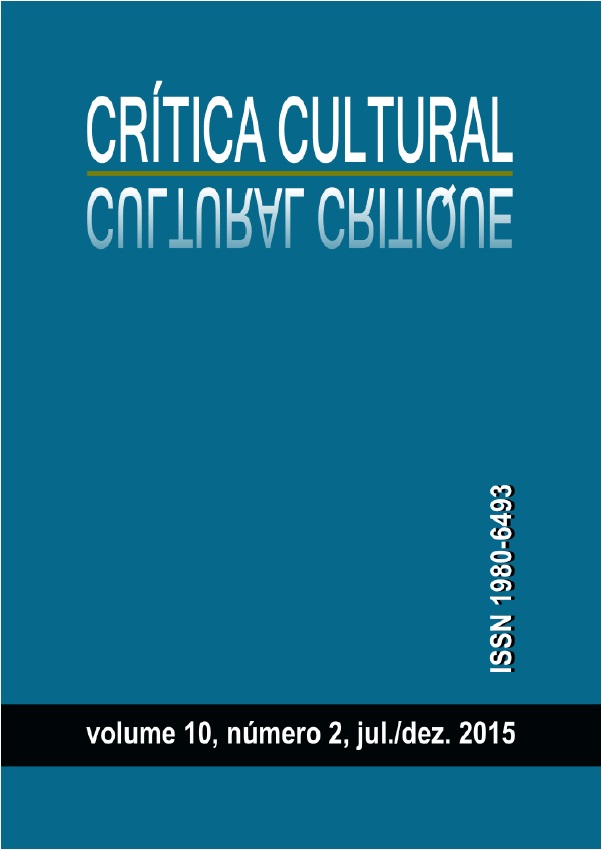How to live together. Arts of space and affectivity in El otro día, by Ignacio Agüero
DOI:
https://doi.org/10.19177/rcc.v10e22015181-196Keywords:
Cinema, Chile, Spatial Thinking, AffectivityAbstract
As dramas of mobile space, films not only exemplify topics developed by architecture and urbanism as specific fields of knowledge, but they also explore new ways of conceiving the “passages” between closed and open, visible and invisible, public and private spaces. Considering recent contributions from the field of spatial theory as well as studies on the connections between affect and space, this article discusses how the documentary El otro día (2012), by the Chilean Ignacio Agüero, redefines the links between the modes of spatial thinking of architecture, urbanism and cinema proposing a "practice of space” that leads to an “affective mapping”: a way to redefine the connections between the intimate and the public, the house and the city, biography and collective memory.Downloads
Published
2015-12-17
Issue
Section
Dossier: A Network of cultures: literature, media, affects
License

Revista Crítica Cultural de http://www.portaldeperiodicos.unisul.br/index.php/Critica_Cultural/index está licenciado com uma Licença Creative Commons - Atribuição 4.0 Internacional.


